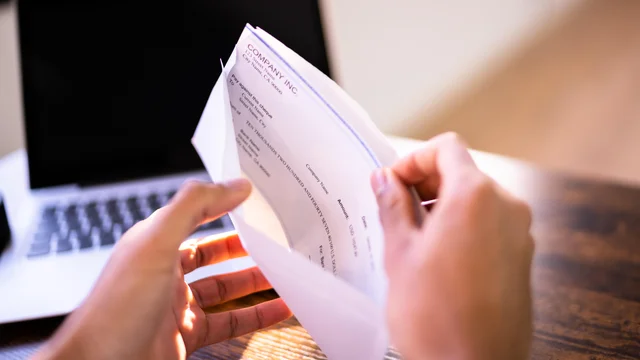
Here's what federal workers should know about getting retroactive pay
Will Federal Workers Get Back Pay After the Government Shutdown?
Some federal employees who aren’t receiving pay during the ongoing government shutdown are growing concerned that they may not receive back pay once the issue is resolved.
Approximately 1.4 million federal workers have already missed their first full paychecks and are now cutting back on all nonessential expenses as the shutdown continues.
When the government reopens, here’s everything you need to know about retroactive pay for those affected.
Do All Government Employees Receive Back Pay?
Under the Government Employee Fair Treatment Act of 2019, both furloughed workers and “excepted” government employees—those required to continue working without pay during a shutdown—are legally entitled to back pay.
The law clearly states that all government employees affected by a lapse in appropriations must be reimbursed in full.
They “shall be paid for the period of the lapse in appropriations, and each excepted employee who is required to perform work during a covered lapse in appropriations shall be paid for such work, at the employee’s standard rate of pay.”
Legal Questions and Confusion
Despite the clarity of the law, some recent draft guidance reportedly suggests that furloughed workers may not be guaranteed back pay.
However, legal experts argue that the 2019 statute explicitly protects federal employees and requires full retroactive payment once funding is restored.
One employment law expert explained that the act does not merely permit agencies to pay back wages—it mandates that they do so. If the matter were challenged in court, the statutory language would make it clear that federal workers must be compensated.
This interpretation aligns with earlier guidance from the U.S. Office of Personnel Management (OPM), which clarified that once appropriations are approved, both furloughed and excepted employees must be paid retroactively as soon as possible, regardless of their normal pay schedule.
However, updated internal guidelines have caused some confusion by omitting this language and only stating that excepted employees will be paid for any overtime or holiday premium pay once funding resumes.
When Will Back Pay Be Issued?
The short answer: as soon as the government reopens.
The Government Employee Fair Treatment Act requires that federal workers receive back pay “as soon as possible after the lapse in appropriations ends, regardless of when their pay is due.”
Labor law scholars note that the law clearly supports automatic back pay for affected employees once normal government operations resume.
For context, the most recent paycheck federal workers received was on October 10, with the next scheduled for October 24. Workers who continued performing their duties did not receive that payment, as the shutdown entered its 27th day—making it one of the longest in history.
What About Federal Contractors?
The federal government also relies heavily on private contractors, employing millions in roles such as cleaning, IT, and facility management. Unfortunately, contract workers are not guaranteed back pay under current law.
Unless a contractor’s project or contract was fully funded prior to the shutdown, many private-sector workers supporting government operations are temporarily out of work without any compensation guarantee.
If a contract still has funding available, those employees may continue to work and receive payment as usual.
Can Federal Workers Receive Unemployment Benefits?
Some federal employees affected by the shutdown may be eligible for unemployment benefits under the Unemployment Compensation for Federal Employees (UCFE) program, which assists workers who lose income through no fault of their own.
Eligibility rules and benefit amounts vary by state, but unemployment compensation generally lasts up to 26 weeks.
However, once federal workers receive retroactive pay, any unemployment benefits collected during the shutdown must be repaid or deducted from that back pay to prevent overpayment.
It’s also important to note that “excepted” employees—those still required to report for duty—are typically not eligible for unemployment benefits since they are technically still employed and working.
Source: https://www.cbsnews.com/news/government-shutdown-federal-workers-back-pay/
See Also: Dept. of Homeland Security considering replacing senior leaders at ICE

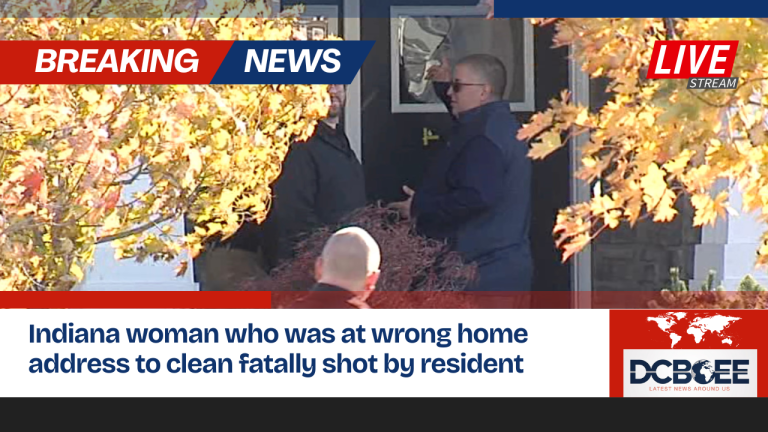
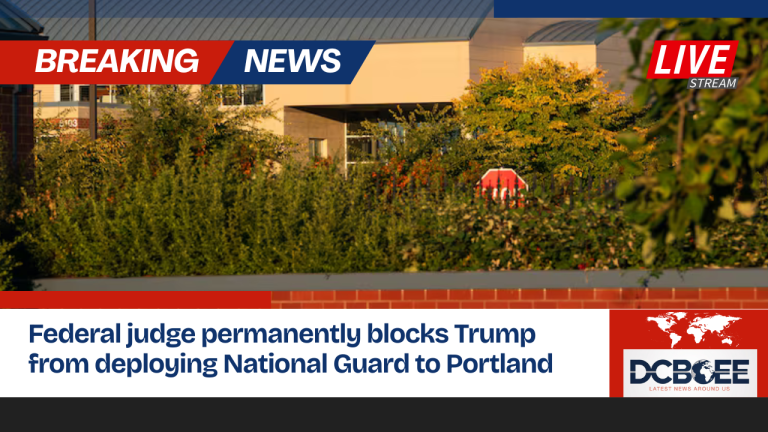
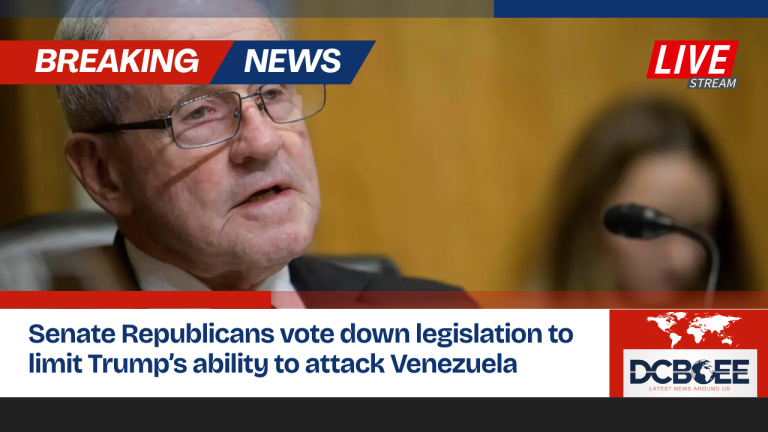
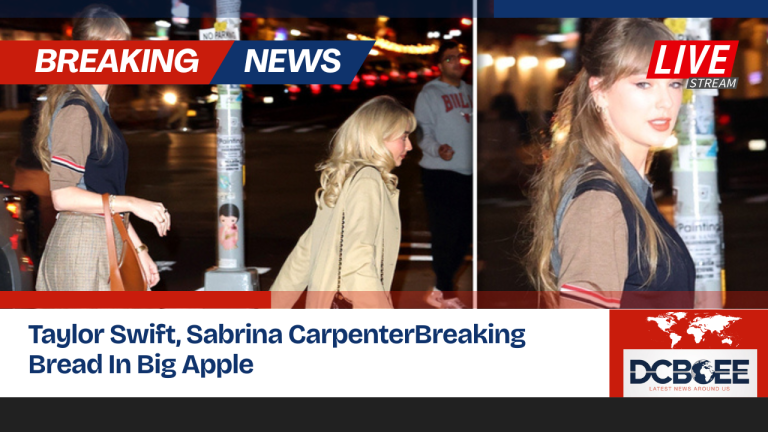

![My biggest AirPods Pro 3 problem has improved, how about you? [Poll]](https://dcboee.us/wp-content/uploads/2025/11/President-Faces-Impeachment-Nation-Braces-for-Political-Turmoil-67-768x432.png)
